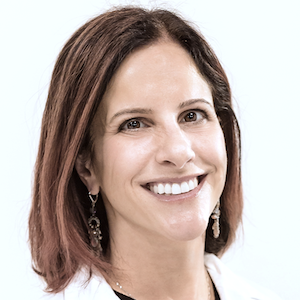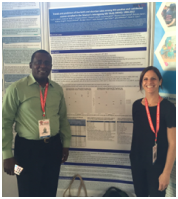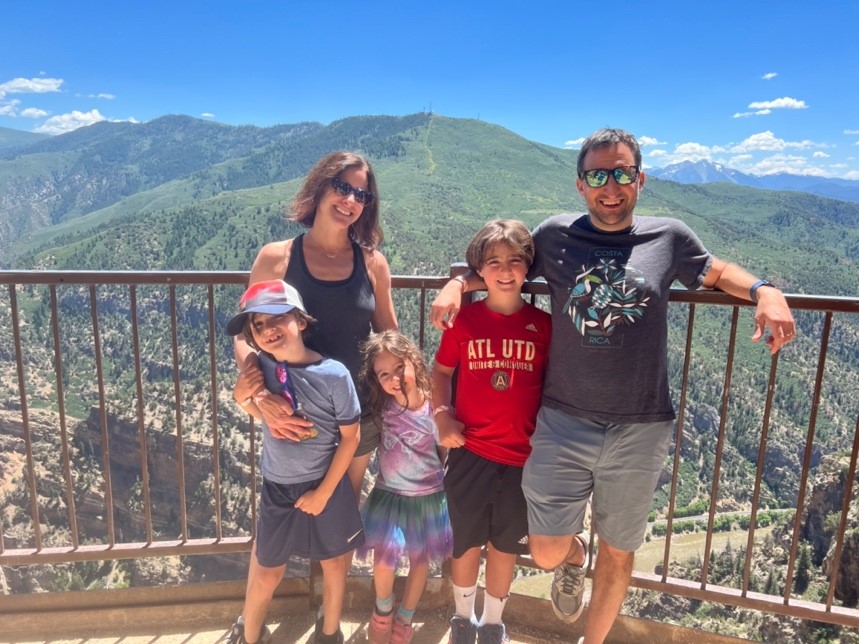
Dr. Lisa Haddad, HPTN 104 protocol chair, is the medical director of the Center for Biomedical Research (CBR) at the Population Council and adjunct professor of gynecology and obstetrics at Emory University School of Medicine in Atlanta. Over the past four years at the Population Council, she has led clinical development efforts to advance the CBR’s sexual and reproductive health product portfolio, including novel contraceptives, HIV prevention, and multipurpose prevention products.
What attracted you to a career in HIV prevention research?
I have been drawn to HIV prevention research as a direct extension of my dedication to women’s health. Giving individuals information and tools to help protect themselves from HIV and other sexually transmitted infections is fundamental to sexual and reproductive health and rights. Multiple overlapping risks contribute to adverse sexual health outcomes, including stigma, gender inequity, racism, and access to care. Given my dedication to women’s health, I seek to contribute to science that can overcome existing barriers to care and improve the lives of women and girls.
What aspect of your role do you enjoy the most?
I work with the most intelligent, supportive, diverse, and creative people. I get to practice team science, learn every day from the experts around me, laugh regularly, “talk science,” brainstorm, and develop creative solutions.
What would you say most motivates you to do what you do?
I am an idealist and am motivated by work that can make a difference in the lives of others worldwide—improving care for the next generation. It is easy to get discouraged by funding instability, political shifts that reduce attention to critical public health challenges, and recent restrictions that limit care for women. This is especially true as a woman, provider, and mother living in Atlanta. I still believe that science matters and that we must continue striving for solutions that can prevent avoidable morbidity and mortality.

Who has been the biggest influence in your career? Why?
Two individuals stand out as the most influential in my career: Dr. Denise Jamieson and Dr. Igho Ofotokun. Both supported me through my first NIH award and gave me leadership opportunities that opened doors for future opportunities. They believed in me, never discouraged me from trying, and never gave up on me. Although it has been 15 years since we last met, Drs. Jamieson and Ofotokun contacted me this week to see how I am doing. These are my role models for whom I aspire to become – to be a clinician-scientist, a mentor, a leader, and a kind human being.
What volunteering or passion projects do you do outside of work?
I work with a small women’s shelter in Atlanta and have been on the board for the shelter for the past six years. This shelter provides shelter and food, vocational and mental health services, assistance in the transition to permanent housing, and a community for women that can be transformational.
What has been the most unusual or interesting job you’ve ever had?
I spent one summer in college working at the New York Office of the Chief Medical Examiner. It was quite an experience, like stepping into a Law-and-Order episode, except with more pungent odors and less drama.

What is your guilty pleasure?
Candy! All types of candy, especially those caught in your teeth, like red licorice, Swedish fish, and jellybeans. I try to reduce this guilt by eating “all-natural” candy or gummy candy made with “real fruit,” but deep down, I know eating three boxes of “fruit” can’t be good for me.